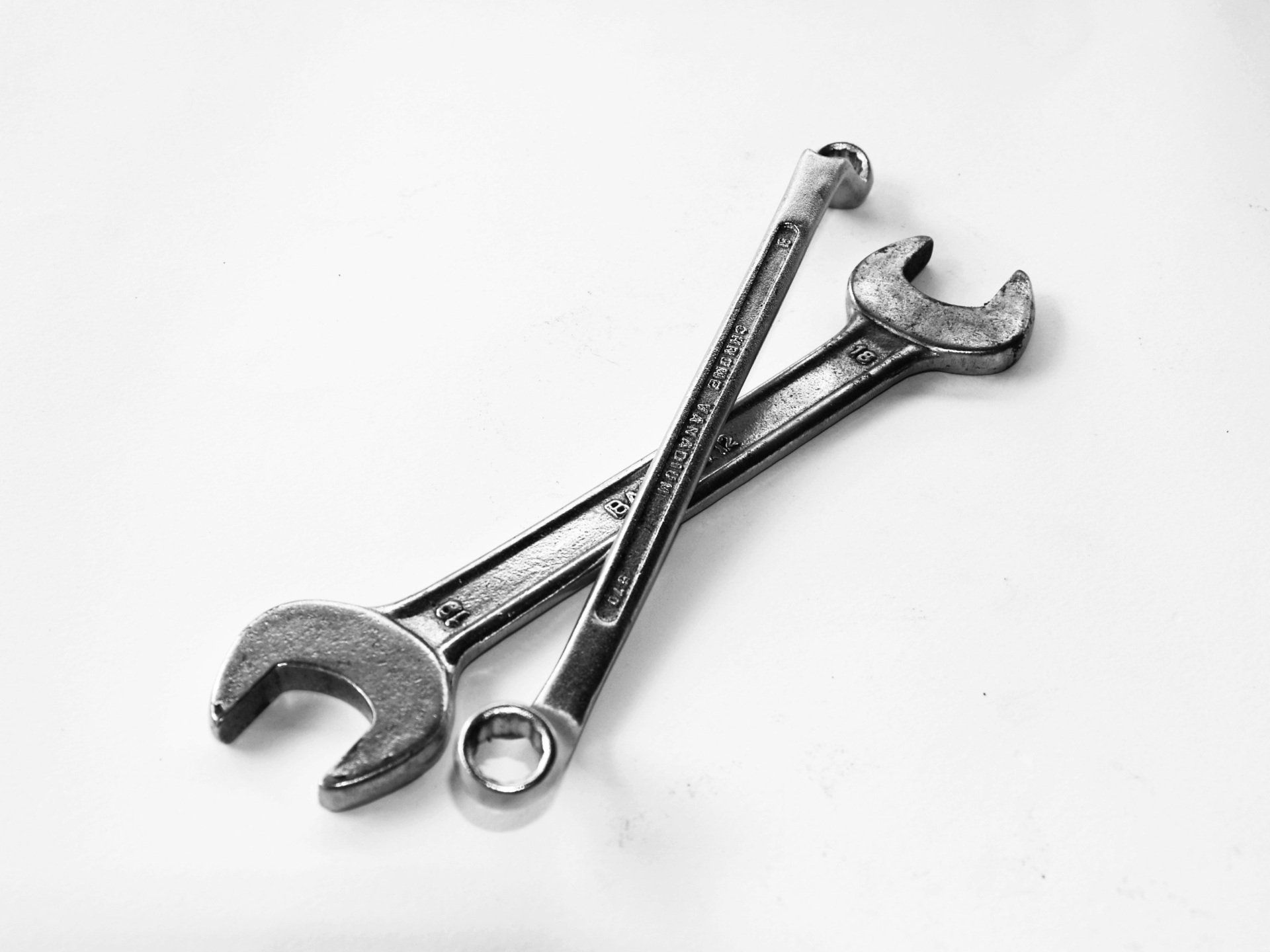The Hidden Dangers of CVT Transmissions: Why You Should Think Twice Before Buying
The Hidden Dangers of CVT Transmissions: Why You Should Think Twice Before Buying

As the automotive industry continues to evolve, car manufacturers have been adopting new technologies to improve fuel efficiency and performance. One such technology is the Continuously Variable Transmission (CVT), which has been gaining popularity in recent years. However, despite its benefits, CVT transmissions have been plagued by reliability issues and poor performance, leaving many car owners frustrated and disappointed.
The Problems with CVTs
CVTs use a belt and pulley system to provide an infinite number of gear ratios, allowing for smoother acceleration and better fuel economy. However, this complex design has led to several issues, including:
- Slipping and hesitation: CVTs often struggle with sudden acceleration, causing the vehicle to hesitate or slip before gaining speed. (1)
- Unpleasant driving experience: The unique sound and feel of CVTs can be off-putting to many drivers, making for an unpleasant driving experience. (2)
- Reliability concerns: CVTs have been known to fail prematurely, resulting in costly repairs and even complete transmission replacement. (3)
- Limited torque handling: CVTs are not designed to handle high torque outputs, making them unsuitable for towing or hauling heavy loads. (4)
Real-Life Examples
Several car models have been affected by CVT issues, including:
- Nissan's CVT woes: Nissan has faced numerous lawsuits and recalls due to CVT failures in models such as the Altima and Rogue. (5)
- Honda's CVT problems: Honda has also experienced issues with their CVT-equipped vehicles, including the Civic and CR-V. (6)
Why You Should Avoid CVTs
When purchasing a vehicle, it's essential to consider the long-term reliability and performance of the transmission. CVTs may offer improved fuel efficiency, but the potential drawbacks outweigh the benefits. By avoiding CVTs, you can:
- Save money: Avoid costly repairs and replacements down the line.
- Enjoy a smoother drive: Opt for a more traditional transmission for a more pleasant driving experience.
- Tow with confidence: Choose a vehicle with a transmission designed for heavy loads.
Conclusion
While CVTs may seem like a promising technology, their reliability issues and poor performance make them a risky choice for car buyers. By understanding the hidden dangers of CVTs, you can make an informed decision when purchasing your next vehicle. Remember, a smooth and reliable driving experience is worth more than a few extra miles per gallon.
References:
(1) Car and Driver - "CVT Transmission: What's the Problem?"
(2) Edmunds - "CVT Transmission: Pros and Cons"
(3) Consumer Reports - "CVT Transmission Reliability"
(4) Torque News - "CVT Transmission Limitations"
(5) Nissan CVT Lawsuit - "Nissan Altima CVT Problems"
(6) Honda CVT Problems - "Honda CR-V CVT Issues"
Keyword highlights: CVT transmission, reliability issues, poor performance, fuel efficiency, car buying tips, transmission problems, Nissan, Honda.


